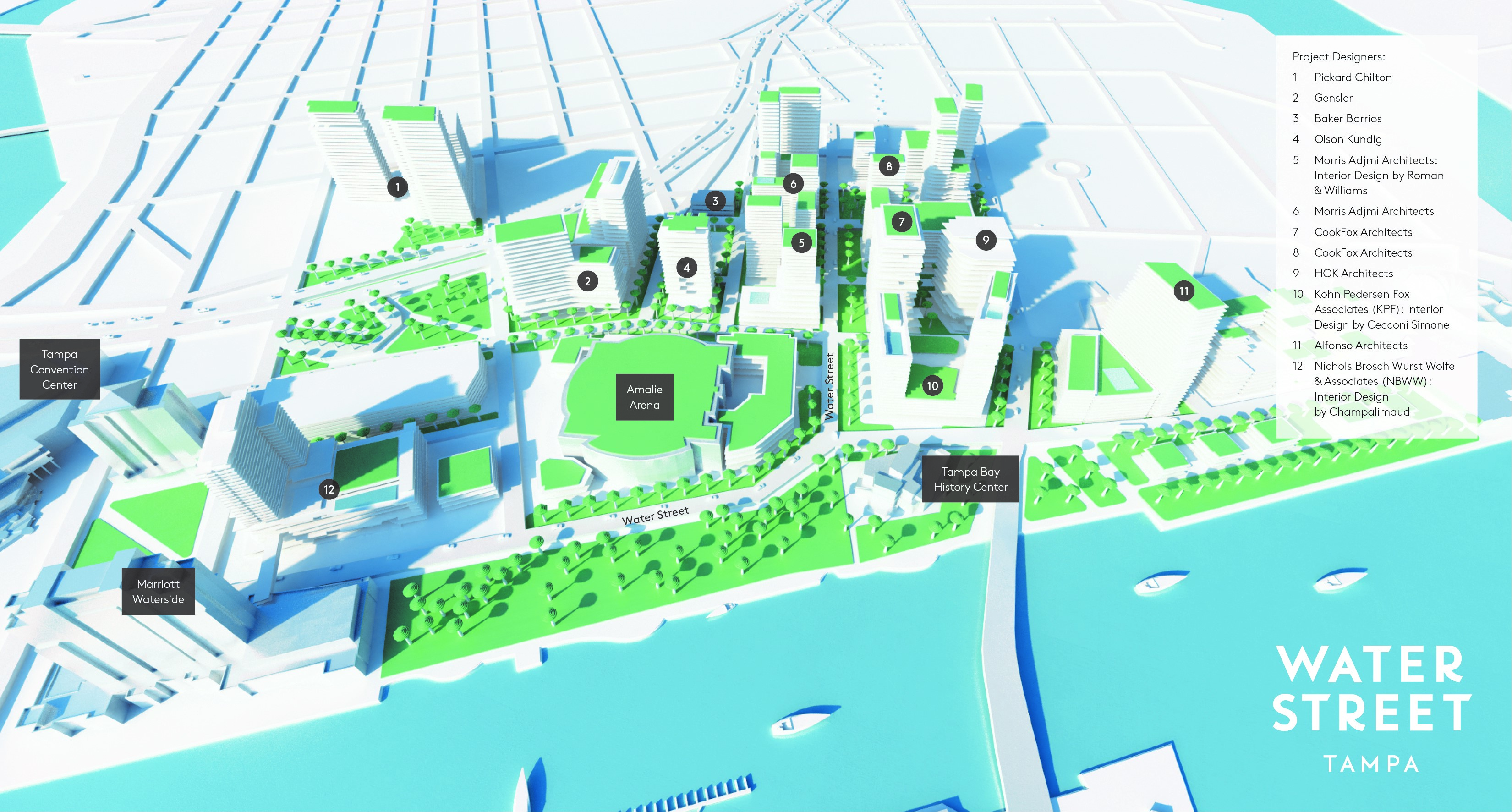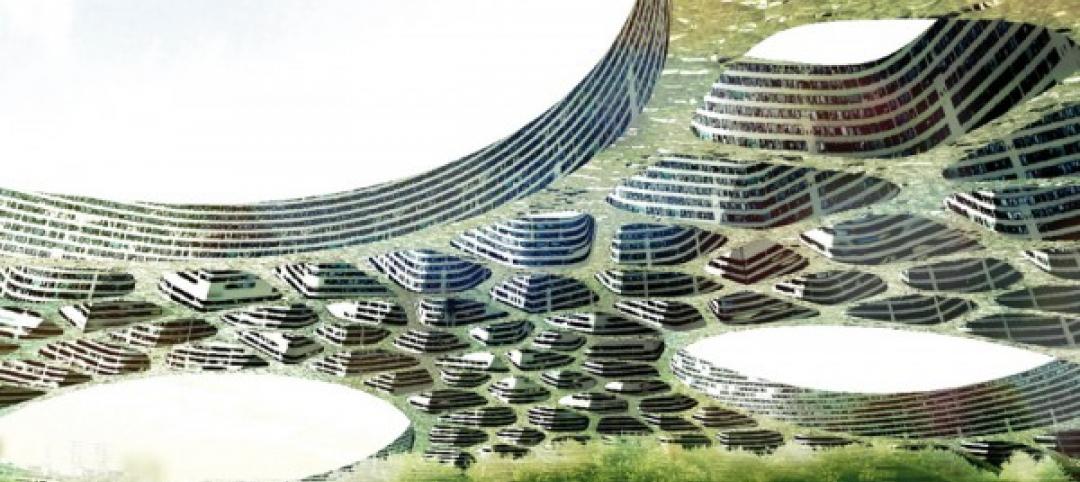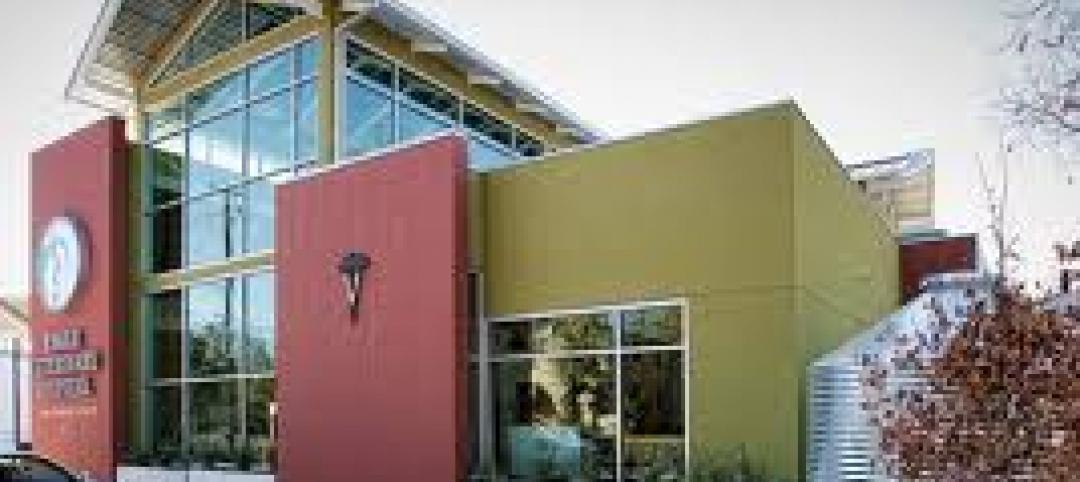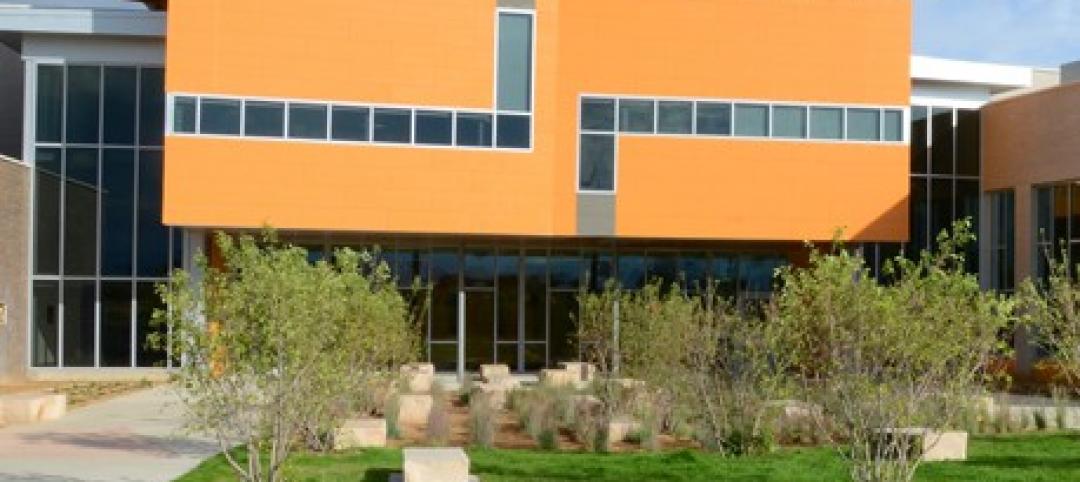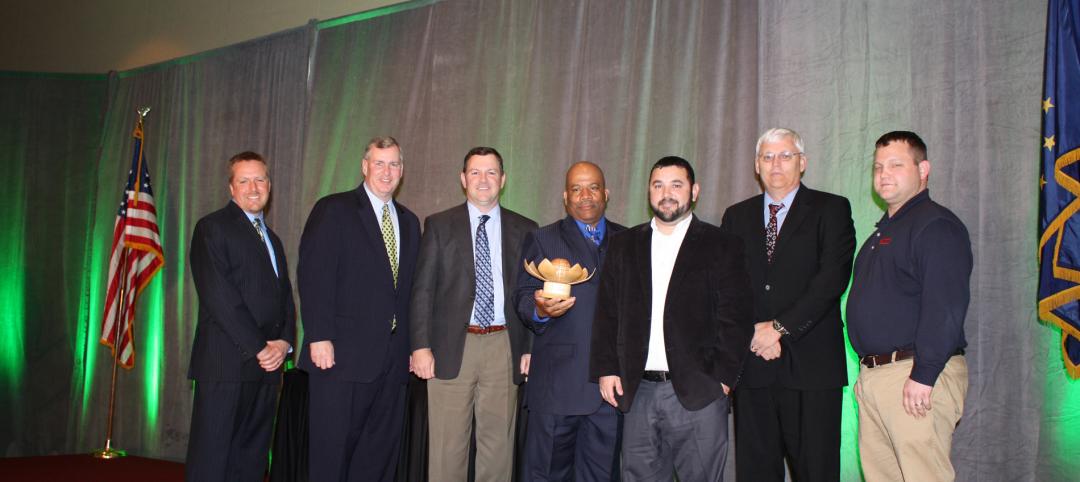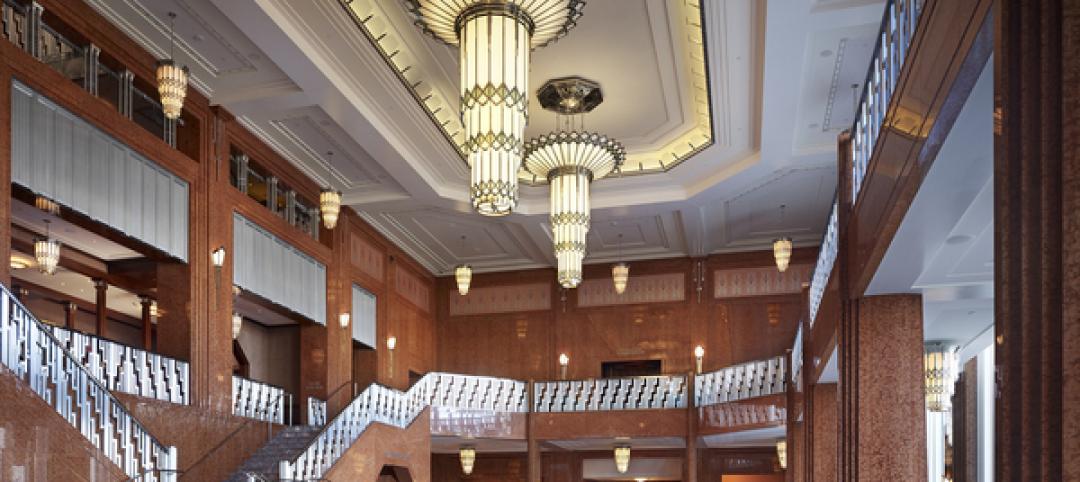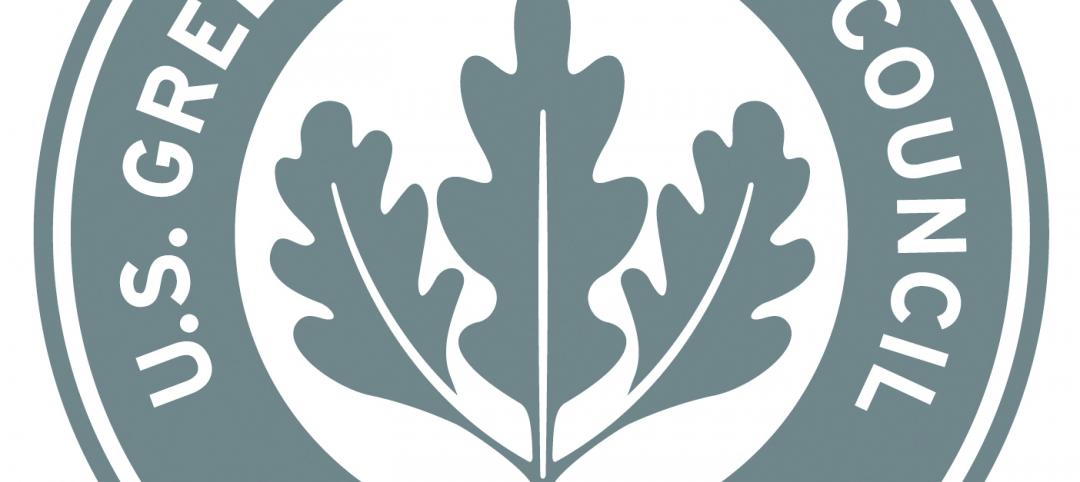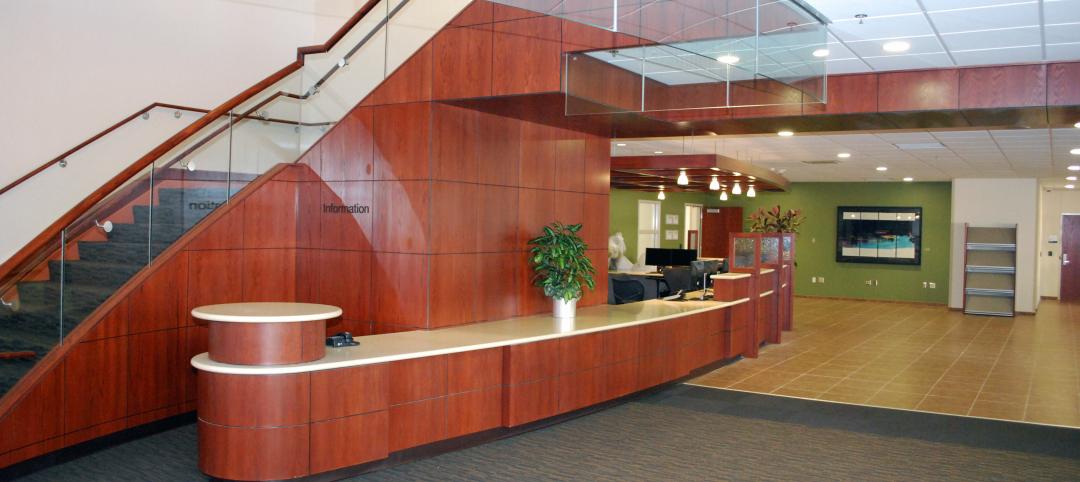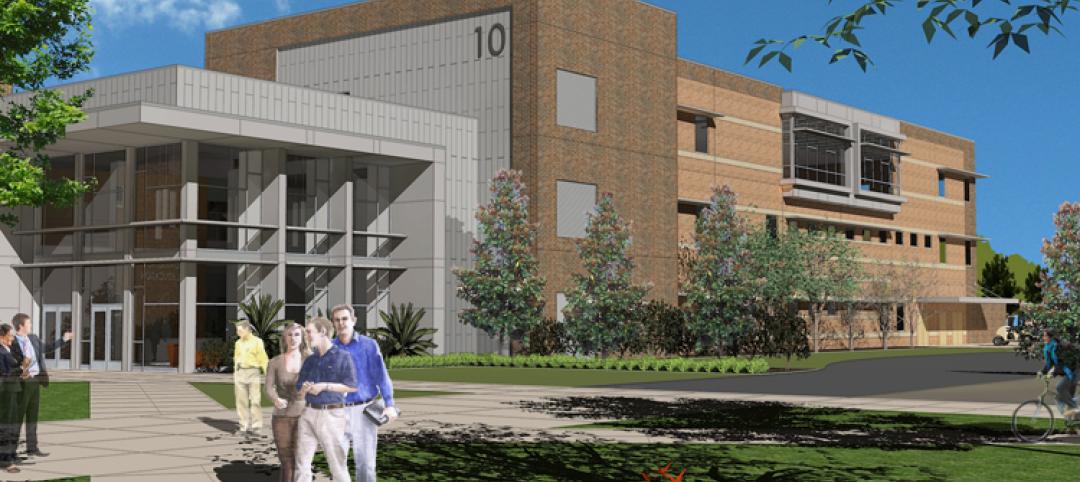After a summer of tumultuous and severe weather events that wreaked havoc on the Caribbean and the Southern United States, a certain segment of real estate and property managers still doesn’t see the value of incorporating resilience into their buildings or their operations.
That’s one of the key findings in Structure Tone’s second-annual Client Sustainability Report. The construction management firm polled a select group of 140 senior corporate real estate and facilities management professionals to gauge where sustainability comes into play for end users across the commercial real estate community.
Based on their responses, it would appear that “green building” is now mainstream. None of the respondents consider it a fad. More than three-fifths—62%—see LEED certification as a market differentiator, up nine percentage points from last year’s survey. And more than half of those polled agree that employees expect the buildings they work in to be LEED-certified.
Indeed, 45% of those polled said they would pay more to lease space in a green building. And 42% expressed concern about where their buildings rank in public energy disclosers.
“Last year there was a concern that when LEEDv4, a more stringent version of LEED, was implemented, many owners would simply stop pursuing certification. But our results show that’s simply not the case,” says Jennifer Taranto, LEED AP ID+C/BD+C, WELL AP, Structure Tone’s director of Sustainability.
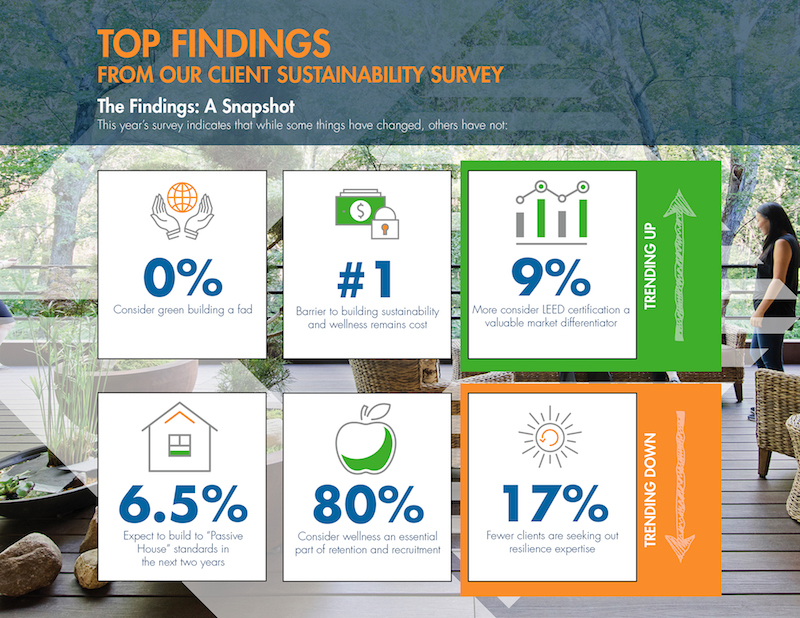
Sustainability is becoming mainstream, and LEED certification is still the gold standard in commercial real estate, according to Structure Tone's survey. Image: Structure Tone.
That being said, the No. 1 barrier to building green remains its cost for an overwhelming number of those polled. And there are still limits to how green the real estate and property management communities want to take their buildings. Only 11% of the survey respondents said their companies have policies that support progress toward Net-Zero Energy in the building sector. This is a slight downward movement from the previous year of 15%. “Surprisingly, 31% of respondents did not know if they have real estate in cities that have community-wide Net Zero goals,” Structure Tone reports.
Cost might also explain why the number of respondents who think resilience is important fell to 54%, from 61% last year. And 17% fewer respondents said they are seeking resilience expertise on their projects. (The survey was open to responses from March 1 through June 19, just months before Hurricanes Harvey, Irma, and Maria did their damage, and an 8.1-magnitude earthquake rocked Mexico City.)
Taranto tells BD+C that she was “surprised” by the lower responses about resilience. However, she also notes that the survey is in line with attitudes Structure Tone continues to encounter in the field from some clients that have yet to give resilience closer scrutiny.
Conversely, more real estate and property management professionals are embracing wellness as a standard for their buildings to pursue. More than 80% of those polled cited wellness as a relevant factor in recruiting and retaining employees. More than half of the respondents said they planned to seek expertise to devise wellness strategies for their buildings.
“Wellness is certainly coming to the forefront,” says Taranto.
Leading this charge is the International WELL Building Institute, which has developed wellness standards for buildings and communities. Water Street Tampa—a $3 billion mixed-use district under construction in Florida that BD+C reports on in a feature article about resilience in our October 2017 issue—on September 5 launched a pilot of the WELL Community Standard. This project, which when completed will have more than 9 million sf of commercial and residential space, is targeting to be the world’s first WELL-certified community.
One-quarter of respondents to Structure Tone’s survey said they were looking to do a WELL project within the next year.
In Structure Tone’s survey, 70% of the respondents work at companies with more than 1,000 employees. Two-thirds of those polled have square footage responsibilities that exceed 1 million sf. The top sector responses came from commercial office, data centers, healthcare, and pharma/life sciences.
Related Stories
| Apr 6, 2012
Flat tower green building concept the un-skycraper
A team of French designers unveil the “Flat Tower” design, a second place winner in the 2011 eVolo skyscraper competition.
| Apr 5, 2012
5 tips for a successful door and window retrofit
An exclusive tip sheet to help the Building Team manage door and window retrofits successfully.
| Apr 4, 2012
San Antonio animal hospital earns LEED Platinum certification
Middleman Construction Company builds the city?s first commercial building to earn certification.
| Apr 3, 2012
Product Solutions
Two new PV systems; a lighter shelf; and fire alarm/emergency communication system.
| Apr 3, 2012
Educational facilities see long-term benefits of fiber cement cladding
Illumination Series panels made for a trouble-free, quick installation at a cost-effective price. The design for Red Hawk Elementary School stems from the desire to create a vibrant place for kids to learn. In an effort to achieve this design, RB+B Architects selected Nichiha USA to provide a durable yet modern, contemporary exterior finish.
| Apr 2, 2012
Gilbane honored for sustainability efforts in Indianapolis
Emmitt J. Bean Federal Center project team for their role in advancing sustainability in the city.
| Mar 29, 2012
Construction completed on Las Vegas’ newest performing arts center
The Smith Center will be the first major multi-purpose performance center in the U.S. to earn Silver LEED certification.
| Mar 28, 2012
Milestone reached for LEED-certified buildings?
Total number of major global green buildings now stands at 12,000.
| Mar 28, 2012
Holden Cancer Center opens at University of Iowa Hospitals and Clinics
The new cancer clinic provides a significant increase in patient space from the prior facility, which was located in an adjacent building.
| Mar 27, 2012
Groundbreaking held for Valencia College West Campus Building 10 in Orlando
Project led by design-build team of SchenkelShultz Architecture and McCree General Contractors, both of Orlando.


